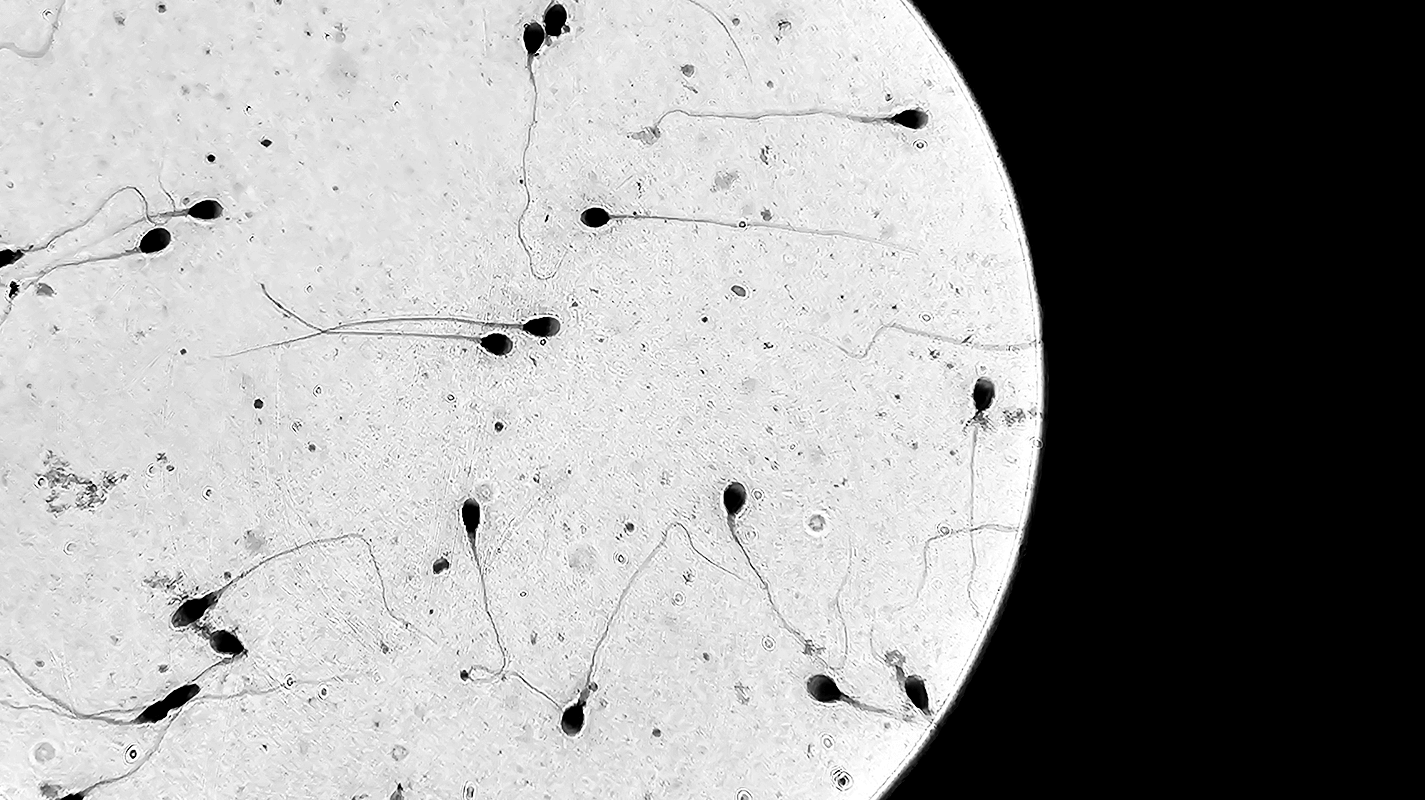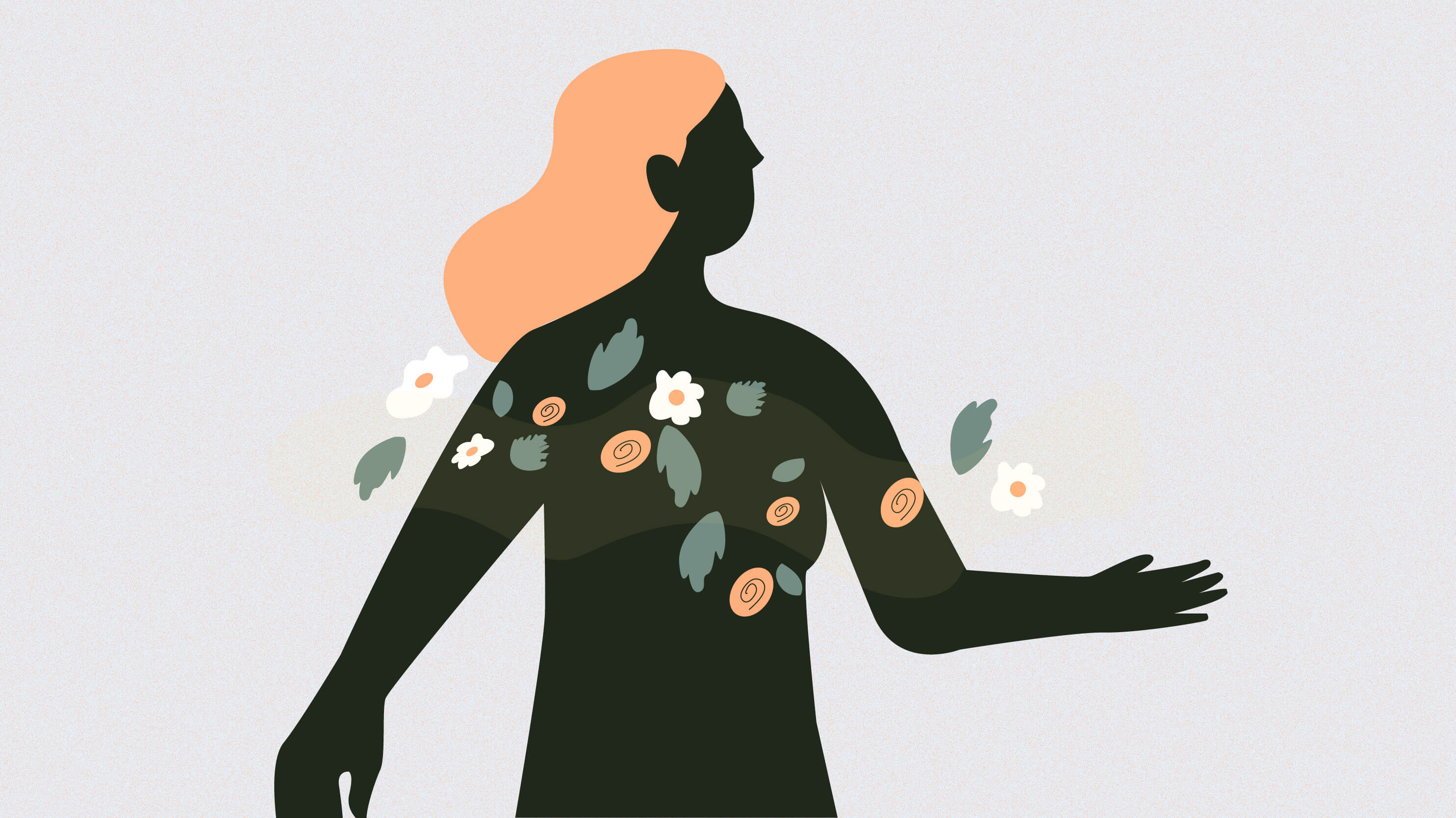How to plan a pregnancy: checklist for conceiving

If we know one thing about Integral Fertility, it's that the decision to start a family is accompanied by many other things. How to plan a pregnancy? Where do I start? When should I have sex and how often? What else can I do to increase the chances of pregnancy? As a future mother or father of a family, you surely want the best for that future baby, so in this article we are going to give you tools to give it all the advantages from conception. Here's your checklist for conceiving.
1. How to plan a pregnancy?
Before you start trying to conceive, you have to check that everything is in order. It's super important that your first step is to go to a specialist to map out the steps to follow. Together they will be able to determine the plan of action considering your health status and medical history. Some medical conditions (such as diabetes, high blood pressure, some sexually transmitted diseases, and other conditions) can affect pregnancy, so it's essential to check them out first. The most important thing is that your health is in perfect condition before starting this process. To start the journey to pregnancy, there is some preconception care, such as taking prenatal vitamins and folic acid. The dose of these supplements will increase once you conceive, but taking them early will help prevent nutritional deficiencies in the early months of pregnancy, premature birth and some birth difficulties.
2. The Science Behind a Positive Pregnancy Test
It is essential to identify the fertility window in your menstrual cycle, which occurs between day 12 and day 16. To know exactly what day of your cycle you are on, we recommend that you keep a count or have an app to keep track of it, there are also home ovulation kits that you can buy at the pharmacy. These work much like pregnancy tests. Be careful, this test may not be accurate in people with certain conditions, such as polycystic ovary syndrome. Ready! You already have your ovulation days identified. Now what you should know is that sperm cells can stay in the uterus for up to 5 days, so it's very important that at the time of ovulation the sperm are ready to do what they have to do: fertilize. The recommendation is to have sex these days and, preferably, earlier. Having sex two or three times a week after your period can help increase the chances of conception, however, couples with the highest success rate are those who have sex every day or every other day. If you've been trying for a while and haven't been successful, in This publication we explain to you when it's time to look for a fertility specialist.
3. New Life, New Habits
How to prepare for a pregnancy from the inside? To begin with, a balanced diet, away from processed foods and rich in fruits and vegetables can do wonders for your baby's conception and health. If you want to know what foods to choose to give your fertility a boost, this Blog has exactly what you are looking for. Also, try to exercise at least four times a week for about 30 minutes. Whatever it is is good! If you're not used to exercising, go for a walk for a few minutes and gradually increase your exercise time. Last but not least: coffee, alcohol and tobacco are counterproductive when trying to conceive and can cause problems during pregnancy. Stopping consuming them will prevent your baby's exposure to harmful and addictive chemicals that can harm their health.
4. The perfect environment to be born
The womb will be your future baby's home for nine months, but a home is more than that. Caring for the environment in which you, as a future mother or father, live is so important before the birth of your child and after. Eliminating toxicity from your home is very important in this process. Limit your exposure to harmful substances and pollutants, but go one step further when it comes to toxicity. Living together in a healthy way is as important as avoiding synthetic chemicals. To welcome your baby into the best possible home, it's crucial that you and your partner, if any, are in a good place mentally. Suffering from worry, anxiety, or stress is very common during a conception process. Don't be afraid to ask for support from a mental health specialist for you and your family. In addition, there are many tools that can help you through periods of crisis, yoga, meditation and mindfulness are just some of them. This is your checklist for conceiving, however, these are just some of the things to consider before seeking a pregnancy. Recommendations may vary depending on each person's body and context. A personalized evaluation can give you more information about the steps to take.







